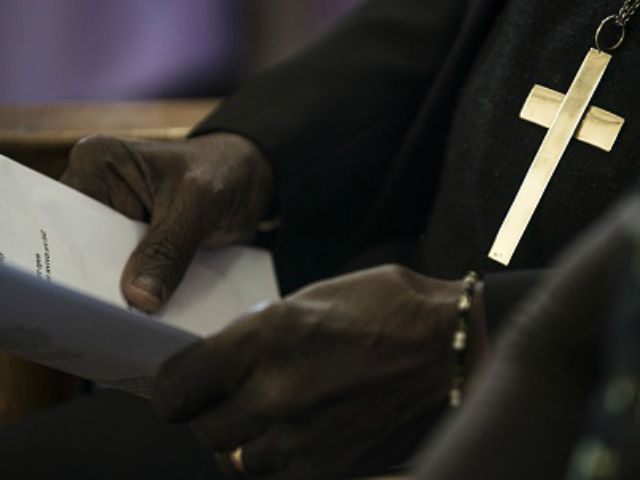Though research shows that psychiatrists are more likely to be atheists than the general population, numerous studies show a positive association between religiosity and mental health.
In a recent article in the Psychiatric Times, Rob Whitley, Ph.D. and Eric Jarvis, M.D. aim to teach some of their less than religious colleagues how to utilize the faith of their patients as a means for recovery. The authors observe, “Religiosity has consistently been identified as a factor that can promote healing and facilitate recovery amongst those with various physical and mental illnesses.”
While a recent Pew survey found that the number of adults in the country who do not identify with an organized faith group is increasing, Whitley and Jarvis observe that the bulk of research in this area shows that belonging to a religious community can provide needed support during material, ethical and emotional challenges in an individual’s life.
Additionally, despite the Pew results, religiosity, they say, still remains extremely high in the United States compared with other English-speaking nations, such as Canada, Australia, and the United Kingdom.
“In the US, recent surveys indicate that 91% of Americans believe in God and 60% describe themselves as being religious,” the authors note. “These figures are even higher among groups such as African Americans.”
Whitley and Jarvis believe that since the United States is still a God-fearing nation, Americans who find themselves in need of mental health care should be asked by their providers about the role of religion in their lives as a potential useful tool for recovery.
They explain:
Research indicates that religiously inclined patients engage in numerous religious activities to support their recovery. These include private activities pursued alone or with the family. Prayer may be the most common, but these activities also include devotional readings; listening to spiritual music; and contemplating sermons on TV, the Internet, or the radio. They can also involve public activities, which are more social in orientation, such as going to a place of worship or attending a sacred-text study group. All of these activities can foster a sense of coherence and social support that is health-promoting and may be encouraged.
Whitley and Jarvis note that theological and moral concepts – such as sin, forgiveness, hope, the devil, and salvation – are often part of the way in which individuals who are religious understand their mental illness and the potential path toward recovery.
“Psychiatry has traditionally viewed concepts such as sin as limiting; indeed they have attempted to replace these concepts with those derived from social science, such as “deviance,” although not all psychiatrists secularize these concepts,” they explain. “A religiously competent clinician will attempt to understand what such concepts mean to patients and work with them to assist recovery, rather than attempt to disabuse them of these notions.”
“Asking the right questions and using the elicited information to support religious activities that might facilitate recovery is a core component of religious competence,” the authors assert to their colleagues. “This involves having an open mind and recognizing the importance of religiosity for some patients, regardless of the clinician’s own beliefs.”

COMMENTS
Please let us know if you're having issues with commenting.